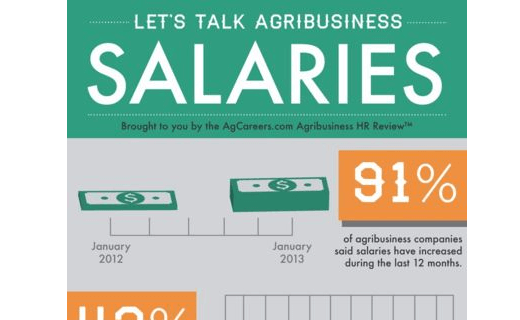- Candidates
- Login
- Set Up Account
- Create a Job Alert
- Search Tools
- Resources
- Employers

Many job postings ask you to include your salary history when applying for the position. It's important to be careful how you disclose your salary history, so you have flexibility when it comes to negotiating salary. If the job posting doesn't mention it, though, don't offer any salary information.
A salary history is a document that presents an employee’s past earnings.
Some employers ask job candidates to present them with a salary history when they apply for a job. A salary history typically includes the name of each company, job title, salary, and benefits package the candidate has earned in the past.
Salary history is different from a salary requirement, which is the pay a job candidate expects for a new job.
If you are asked to include your salary history with your resume, you could ignore the request, but, that means you could risk not getting an interview. There is nothing employers like less than candidates who don't follow directions.
An alternative would be to include a salary range rather than a specific amount. If you do include your salary history, be honest. It's easy for potential employers to verify your salary with previous employers.
However, you can also say that your salary requirements are flexible.
That may help keep you in the running for the position and will give you some flexibility when negotiating compensation later on.
What's the best way to provide your salary history? You can list your salary history in your cover letter without itemizing. For example, you could say, "I am currently earning in the mid-fifties." That gives you some flexibility when it comes to discussing compensation if you get a job offer.
If you're concerned that your salary is high enough to knock you out of contention for the position, what you might want to do instead is to include a salary range rather than a specific amount. For example, you could say "My salary range is from $40,000 - $50,000."
Or, your salary history can be listed on a separate salary history page and enclosed with your resume and cover letter.